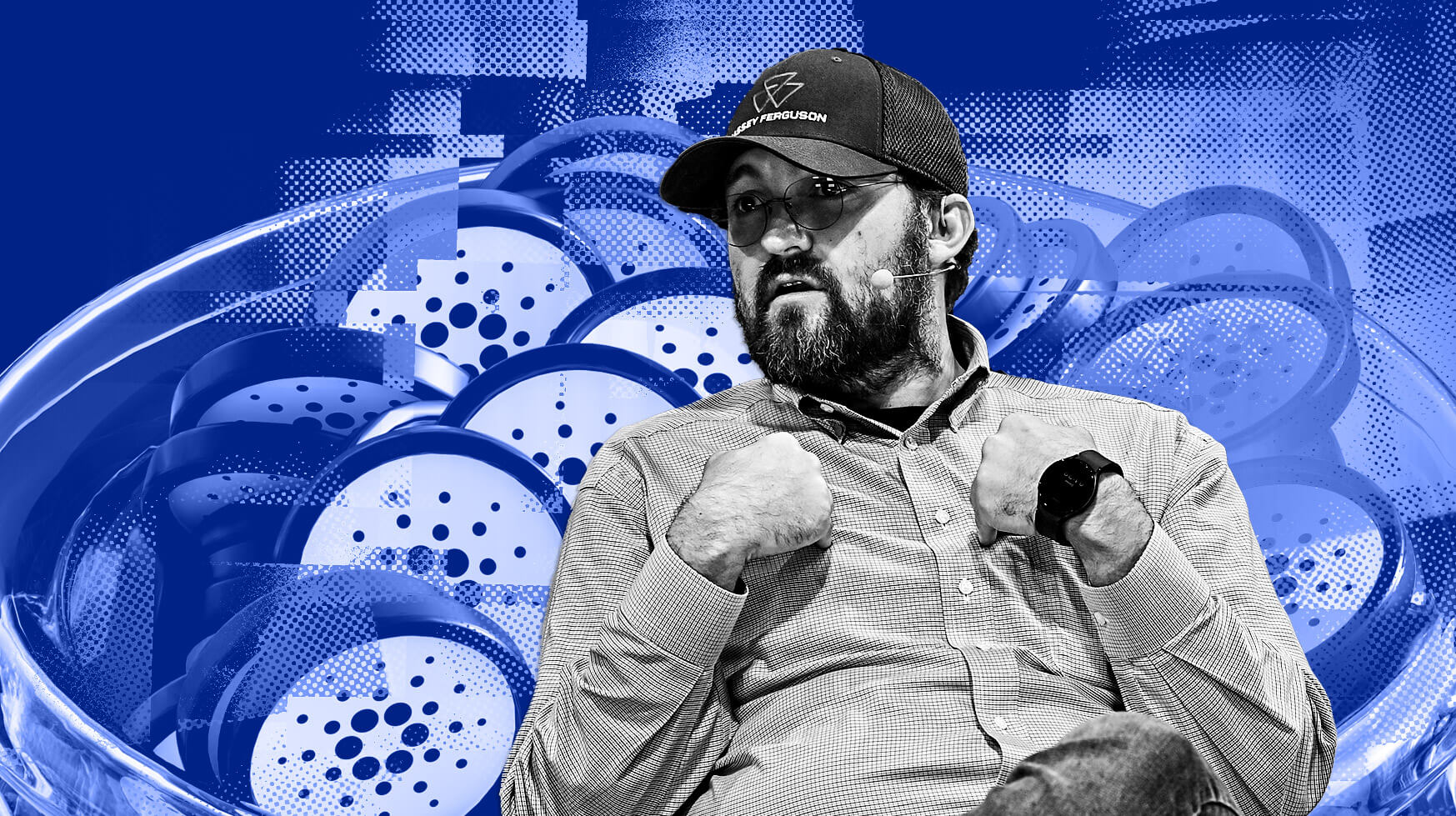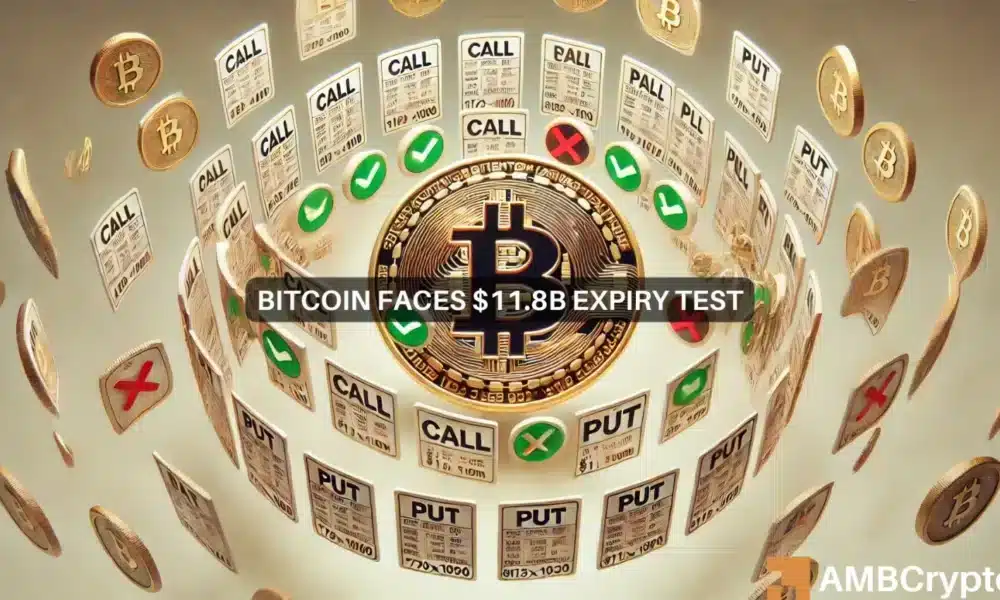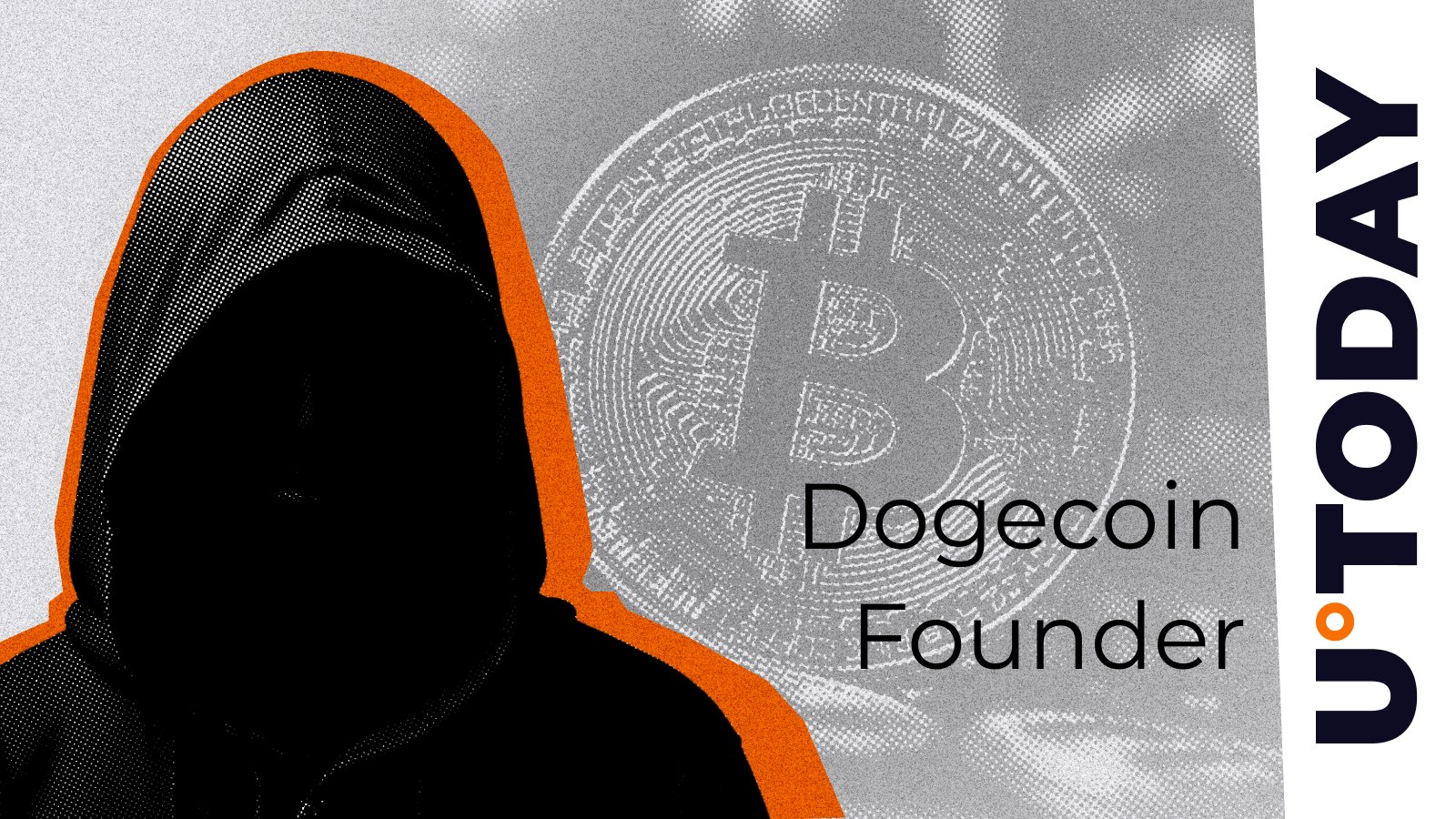
Cardano founder Charles Hoskinson has dismissed the “lies and misinformation” surrounding the network’s staking operations.
In a Sept. 11 post on X, Hoskinson expressed frustration over the spread of misinformation about ADA, noting that the network does not lock its staked tokens. He stated:
“The lies and misinformation about Cardano have reached epic levels. Stake isn’t locked, but they still lie.”
Hoskinson’s statement followed claims suggesting that Cardano’s large market cap was due to investors being locked into their ADA holdings and being unable to sell. This allegation emerged during a recent podcast with several crypto commentators, including InvestAnswers, CTO Larsson, MartyParty, and Mando.
In the podcast, MartyParty suggested that Cardano’s high market capitalization wasn’t a true reflection of its value. Instead, he argued that it resulted from investors’ inability to sell their ADA holdings because they had been “tricked” into locking their assets in the network’s staking pool.
Community response
Aside from Hoskinson, several Cardano holders quickly refuted the claims, with many condemning the false accusations.
PRIDE, a notable stake pool operator in the network, pointed out that Cardano was the only top-20 crypto project offering native liquid staking, meaning ADA tokens are never locked. Unlike other networks, Cardano doesn’t need liquid staking derivatives or tokens. So, its flexible staking system allows users to maintain self-custody of their assets, aligning with Satoshi Nakamoto’s vision, PRIDE explained.
The firm added:
“Staked coins don’t leave your wallet, and can be spent anytime or used in DeFi. That also means no slashing.”
According to Staking Rewards data, over 22 billion ADA tokens have been staked to contribute to network security and facilitate the validation of new blocks. The current reward rate for staking ADA is 2.82 % per year.
Cardano developments
The controversy surrounding ADA staking comes as Cardano has recently recorded significant milestones in its network development.
On Sept. 1, Cardano completed the first phase of its highly anticipated Chang Hard Fork, which introduced decentralized governance to the network.
In the lead-up to the upgrade, the Cardano Foundation revealed that the network saw an uptick in key metrics in August as the number of smart contracts, transactions, and wallet interactions increased by around 1%, respectively.










